
- Overview
- Breakout Groups
- Itinerary
- Registration
- Code of Conduct
- Continuing Education
- Institute Committee
Keynote Speaker: Stacy K. Nakell, LCSW, CGP
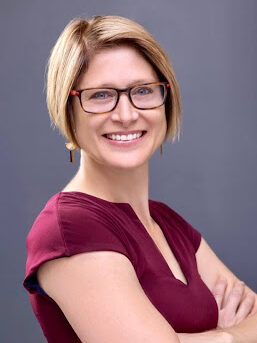
Psychology of the Skin: Integrating Mind, Body, Skin, and The Psyche
In the past two decades, psychodynamic therapy has expanded to include a focus on the somatic experience of both client and therapist in the group room. Left out of that conversation, for the most part, is an awareness of the most basic element of our physical experience, our skin. In this Institute, we will explore the ways the skin holds untold stories. Stacy Nakell has focused on how early disruptions in this container can manifest in behaviors acted out on the skin later in life. She has identified the prevalence of perfectionism, over-functioning and people-pleasing as a metaphorical “second skin formation,” a system of defenses that becomes a necessary buffer against contact and exposure.
During this two-day Institute, participants will be invited into an awareness of their own skin and the connection between the skin, psyche, mind, and body. In the didactic portions on the first day, we will run through the demographics, course and consequences of the skin-focused repetitive behavior disorders trichotillomania and excoriation (skin picking) and delve into treatment recommendations specific to groups. On the second day, a fishbowl will provide the opportunity for us all to experience this process unfold in real time. Specifically, the task of helping group members translate body language into words will be demonstrated. A group case study will highlight themes and therapeutic interventions.
Stacy’s Bio:
Stacy K. Nakell is a licensed clinical social worker, certified group psychotherapist, certified clinical trauma practitioner, and author. She has spent the past fifteen years in private practice in Austin, TX providing individual and group psychotherapy to clients struggling with body-focused repetitive behaviors (BFRBs). She works with pre-teens, teens and adults from an integrative psychodynamic approach and offers training and consultation for mental health professionals. She is the author of two peer-reviewed articles about her approach, and her book, Treatment for Body-Focused Repetitive Behaviors: An Integrative Psychodynamic Approach, was published by Routledge on August 1, 2022, as part of the Routledge Focus on Mental Health series. In her free time, she is an assistant boxing coach for the Austin Women’s Boxing Club amateur competition team.
Learning Objectives:
Following the completion of this presentation, the participant will be able to:
- Describe the connection between the skin and attachment from infancy through adulthood.
- Identify ways to help clients translate body language into words.
- Identify the pros and cons of allowing the use of sensory object/fiddle toys in individual and group therapy.
- Define the concept of the psychic skin and apply this understanding to clinical work.
- Detail three ways to help clients shift from shame to self-compassion about skin-focused behaviors.
- Explain perfectionism as a defense and detail the therapist’s role in addressing it in individual and group treatment.
- List three ways group therapy can enhance therapeutic success in reducing reliance on skin-focused repetitive behaviors.
Ethics Speaker: Dr. Jackie Darby
Ethical Dilemmas through A Multi-Model Developmental Lens
Join us for an engaging workshop where you’ll learn how to integrate multicultural models and approaches with the Ethical Decision-Making Model (Johnson & Barnett, 2011) in the context of group psychotherapy. Together, we’ll focus on the Minority Stress Model, supervision models, trauma-informed principles, and the concept of intersectionality.
During the workshop, the participants will apply these models in real time by reviewing two ethical cases. Participants will see the impact of ethical decisions as they participate in experiential and didactic learning where they can dissect their own decision-making process. Participants will learn how identity factors such as generational differences and political awareness may complicate and enhance their ethical decision making.
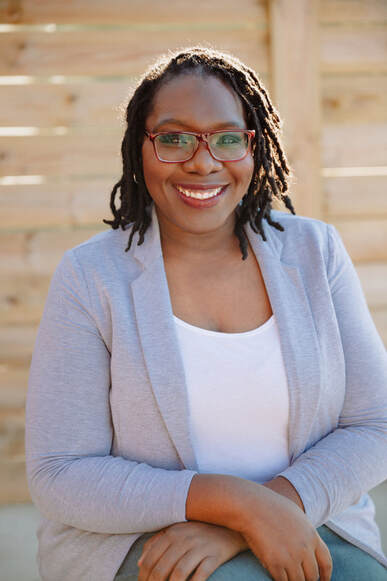
Dr. Darby’s Bio:
Dr. Jackie Darby is a Licensed Psychologist and Certified Group Psychotherapist. She is the owner of The Unconscious Shift, a wellness consulting agency that focuses on providing trainings on mental health wellness to community organizations. Dr. Darby is a contributing editor of the textbook Black Millennials: Identity, Ambition, and Activism and the author of A Year of Self-Care: a Self-Care Planner. In addition to speaking on both the national and international stage, Dr. Darby serves on the board of multiple mental health organizations which allow for her to promote mental wellness in various capacities.
Learning Objectives:
Following the completion of this presentation, the participant will be able to:
- Identify the five stages of the Johnson & Barnett’s Ethical Decision-Making Model and how that model could be applied to two ethical case examples.
- Identify two ways that generational differences impact ethical decision-making in the context of group psychotherapy.
- Apply identity-based models/approaches in their ethical decision making process in group psychotherapy.
Breakout Groups
These groups are opportunities for participants to experience process group or take a deep dive into a particular topic. Participants will meet in these groups for 4 session (1.5 hours each) throughout the Institute.
Breakout Group 1: Modern Analytic Training Group
Melissa Beason-Smith, PhD, CGP and Paul LePhuoc, PhD, CGP
The modern analytic training group provides a setting where the professional ego of the therapist is attended to in a nurturing and cultivating manner. This is a unique hybrid of process and consultation during which issues related to countertransference, family of origin, and competition are explored. Special attention will be given to increasing clinical effectiveness with the goal of building fee-for-service practices and establishing the lifelong process of deepening one’s self-awareness.
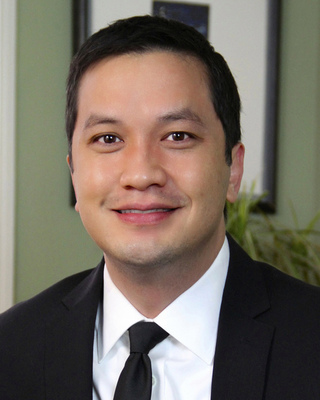
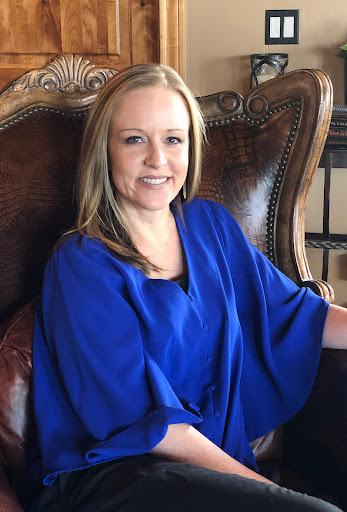
Breakout Group 2: Values Clarification and Engagement in a Fulfilling Life within an ACT Framework
Jared Broussard, MA, LPC
Through an Acceptance and Commitment Therapy (ACT) framework, participants will learn about the importance of cultivating and managing a personal values system, identifying actions & behaviors that are in accordance with their values, as well as identifying the uncomfortable internal experiences (thoughts, feelings, physical sensations, and urges) that they need to make space for in order to fully engage in their values.
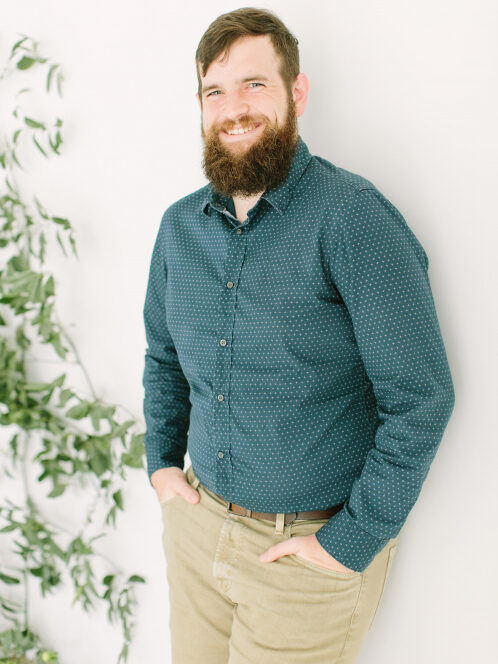
Breakout Group 3: Child Group Therapy: Elementary School for Therapists
Aaron Fink, MD, CGP, AGPA-F
Through the use of lecture, group description, Q & A, hand outs and video we will cover the basics of creating and leading child therapy groups while embracing Andrew Malekoff’s description of child group therapy.
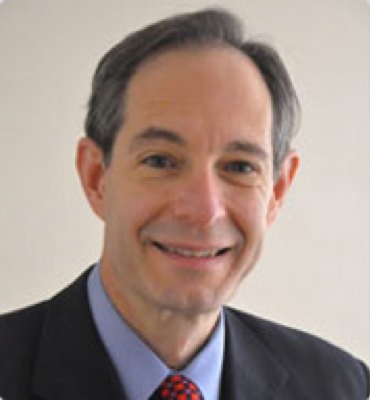
Breakout Group 4: Mindful Self-Compassion for Group Therapists
Melanie Gregg, PhD, LSSP
This breakout session will give you a chance to learn and practice mindful self-compassion exercises based on the Mindful Self Compassion work of Drs. Kristin Neff, Chris Germer, and Karen Bluth.
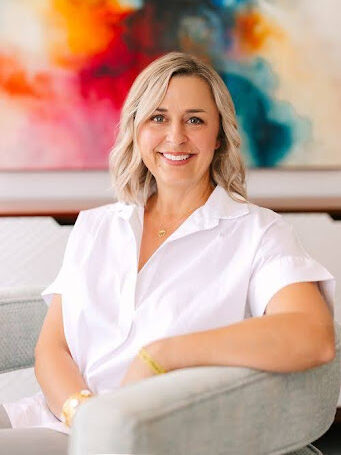
Breakout Group 5: Identifying and Understanding the Song – Considering Process Groups as Musical Ensembles
Dan Workman, LCSW, CGP & Paul Caluscos, LCSW
A process group is comprised of both performers and audience members, and these roles overlap and change over individual sessions and the group’s lifespan. It can be useful to think of the group as a musical ensemble whose ‘song’ is the golden thread that runs through group sessions.
This metaphor casts the group leaders as producers or conductors of the ensemble who moderate and modulate the group’s performance, creating functional, focused, and healing narratives.
In this group, the leaders will facilitate a dynamic process with scheduled didactics. Members will learn to use the metaphor of a music ensemble to deepen and enrich both individual and group work.
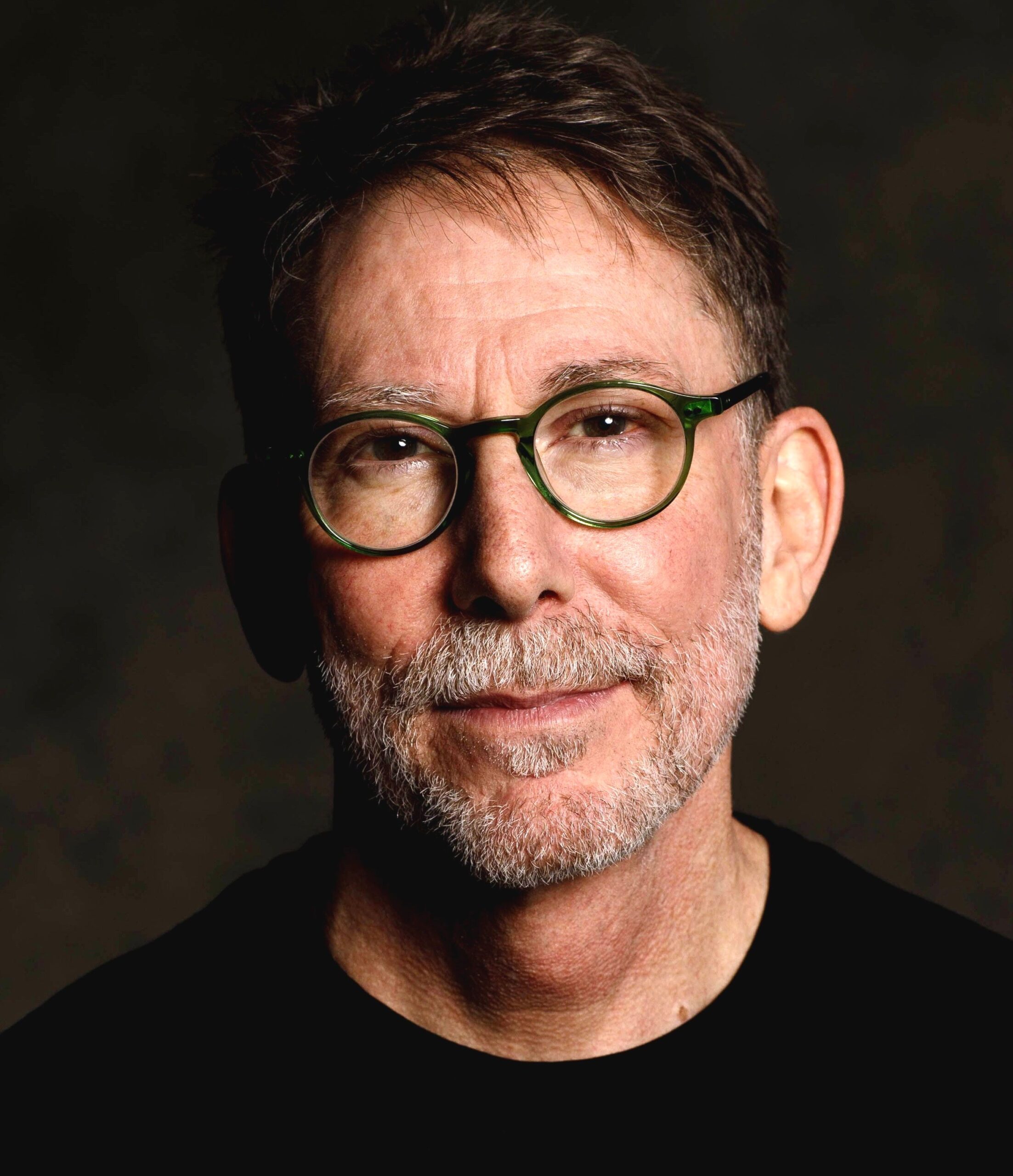
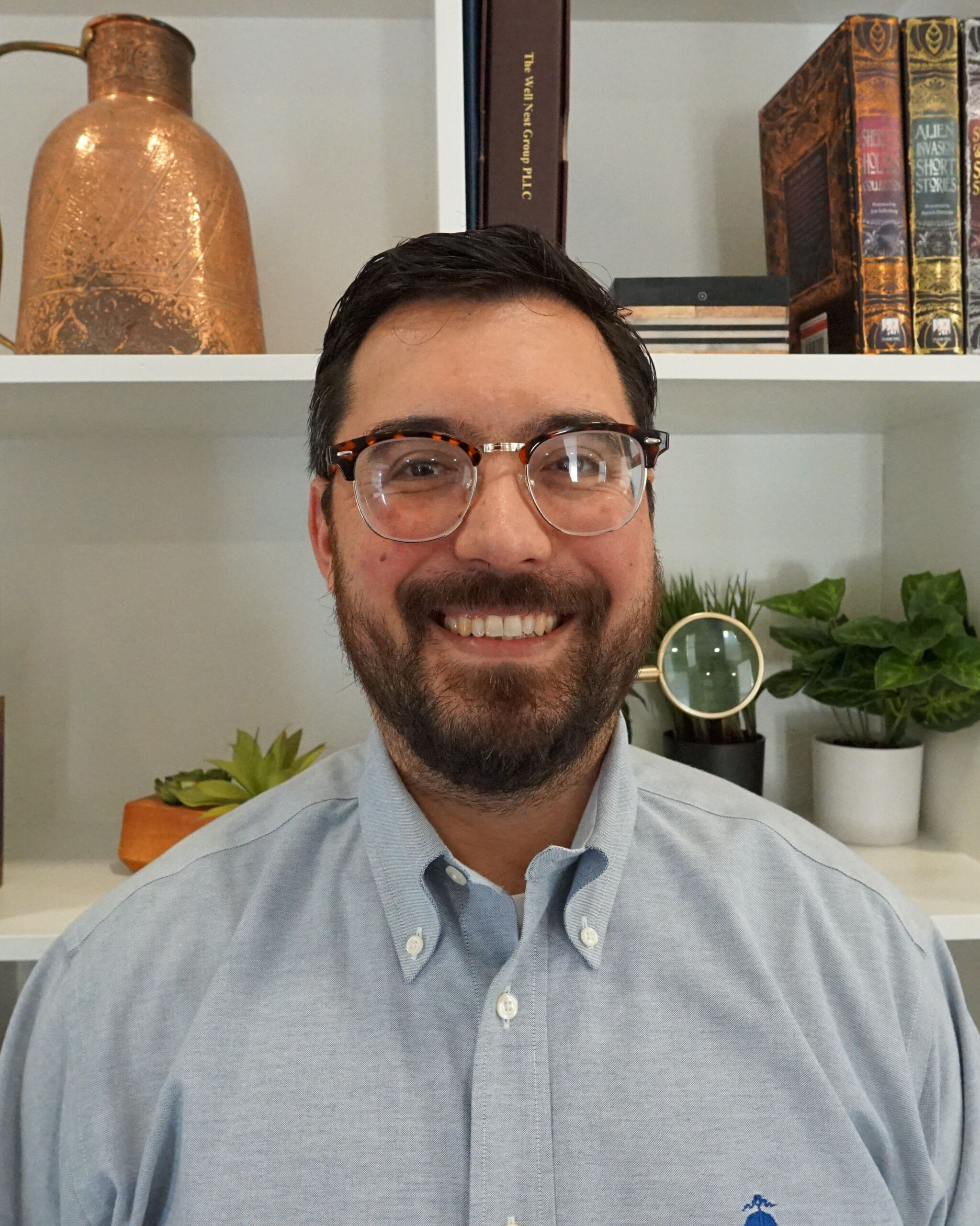
Breakout Group 6: Psychodynamic Process Group Experience
Brittany Burch, LCSW-S, CGP & Jamie Cool, LCSW-S, CGP
This Institute offers the opportunity for clinicians to expand their understanding of self, personally and professionally, in a psychodynamic group environment designed for safe exploration of the known and unknown. Leaders will help members deepen their emoIonal connecIons, somaIcally and psychically, as a vehicle for self-exploraIon and interpersonal inImacy. InteracIons amongst members and with leaders will be studied for themes of transference, countertransference and resistance. The healing potential of a group will be illuminated through processes such as correctIve enactments, self-confrontaIon, re-owning projections, vicarious empowerment, witnessing, and holding.
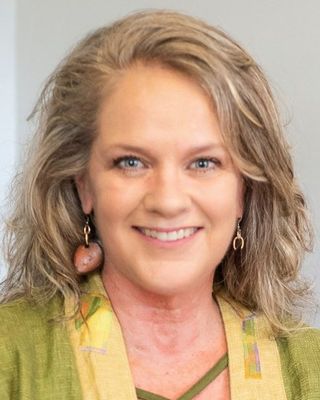
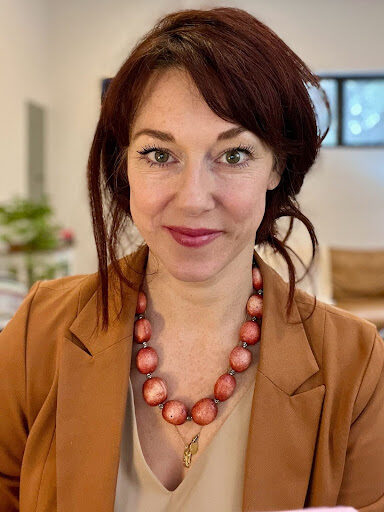
Breakout Group 7: A Journey into the Mind: Bringing Mentalizing Alive in Practice
Jennifer Markey, PhD, MEd, CGP
Come join us as we creatively explore our minds! This group will take participants on an experiential tour of mentalizing. Through a series of experiential exercises, we will demystify the concept of mentalizing and give participants some ideas for integrating mentalizing into their practice. Specifically, we will describe mentalizing in patient-friendly terms and demonstrate how mentalizing can be used to deepen patients’ understanding of themselves and their relationships.
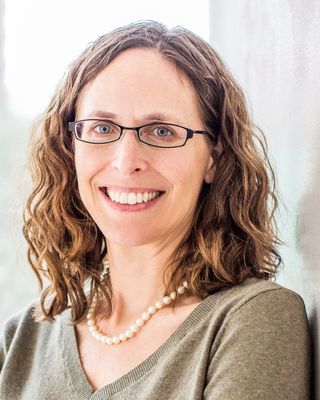
Thursday, April 24th, 2025 (Virtual)
| Ethics Presentation: Dr. Jackie Darby Ethical Dilemmas through A Multi-Model Developmental Lens | 6:00 pm – 9:00 pm |
Friday, April 25th, 2025 (In-Person)
| Registration | 8:00 am – 8:15 am |
| Announcements | 8:15 am – 8:30 am |
| Keynote Presentation (Part 1) Psychology of the Skin: Integrating Mind, Body, Skin, and The Psyche | 8:30 am – 10:00 am |
| Break | 10:00 am – 10:15 am |
| Process Group/Specific Interest Group (Part 1) | 10:15 am – 11:45 am |
| Lunch* | 11:45 am – 12:45 pm |
| Keynote Presentation (Part 2) Psychology of the Skin: Integrating Mind, Body, Skin, and The Psyche | 12:45 pm – 2:15 pm |
| Break | 2:15 pm – 2:30 pm |
| Process Group/Specific Interest Group (Part 2) | 2:30 pm – 4:00 pm |
*Lunch will be provided.
**Group facilitators & consultants will meet morning & lunch for recap.
Saturday, April 26th, 2025 (In-Person)
| Registration | 8:00 am – 8:15 am |
| Announcements | 8:15 am – 8:30 am |
| Keynote Presentation (Part 3) Psychology of the Skin: Integrating Mind, Body, Skin, and The Psyche | 8:30 am – 10:00 am |
| Break | 10:00 am – 10:15 am |
| Process Group/Specific Interest Group (Part 3) | 10:15 am – 11:45 am |
| Lunch* | 11:45 am – 12:45 pm |
| Keynote Presentation (Part 4) Psychology of the Skin: Integrating Mind, Body, Skin, and The Psyche | 12:45 pm – 2:15 pm |
| Break | 2:15 pm – 2:30 pm |
| Process Group/Specific Interest Group (Part 4) | 2:30 pm – 4:00 pm |
*Lunch will be provided.
**Group facilitators & consultants will meet morning & lunch for recap.
Venue
St. Luke’s United Methodist Church
3471 Westheimer Rd,
Houston, TX 77027
Early Bird Registration Fees
Early bird registration ends April 6, 2025.
| HGPS Member | Non-Members | Students/Early Career Professionals (0-2 years) | Agency (3+ people) | |
| Ethics | $100 | $125 | $75 | $100 (per person) |
| 2 Day Institute | $315 | $345 | $140 | $250 (per person) |
| Ethics & 2 Day Institute | $355 | $385 | $170 | $295 (per person) |
Agency Registration
We invite agencies to join the Institute and offer a discount when 3 or more people from an agency attend. Please email admin@hgps.org to register.
Scholarships
An HGPS goal is to provide access to education on group psychotherapy to the clinical community. To apply for a scholarship, download this application and submit your completed application by March 1st, 2025 to Richard Newman at Richard@Newman5.com.
You will be considered for a scholarship as funding and scholarship constraints permit. Only a limited number of scholarships are available.
Professional Code of Conduct
The following conditions are important for all attendees, and must be agreed-to online at the time of registration for a HGPS event.
Each participant may be in a different place on their continuum of professional and personal growth and development. We ask that each participant hold themselves accountable to the HGPS Institute Professional Code of Conduct Agreement to allow for a shared experience fostering the opportunity for growth, a positive learning experience, understanding and connection.
By completing the registration process, I agree to the following policies:
- I meet the intended audience requirements of this event.
- I agree to participate in fostering a supportive learning environment, attentive to ethical and professional behavior and speech.
- I agree to abide by the AGPA Safe Environment Policy and AGPA Policy Statement on Inclusion.
- HGPS abides by the AGPA Guidelines for Creating Affirming Group Experiences and I agree to abide by the same.
- I agree to be present for the full event if I desire CE credit.
- If a participant engages in violations of any of the policies noted herein, HGPS reserves the right to take any action HGPS deems appropriate, including the use of micro interventions during events, the right to remove an individual from the event without warning or refund, the right to prohibit an individual from attendance at future HGPS activities and the right to notify the individual’s state licensing board.
- Support with upholding the Professional Conduct Agreement (If you are subject to or witness violations to the policies noted here):
- If you are subject to or witness breaches as specified by the HGPS policies noted here or believe these policies have been violated during an event, we encourage you to address the person involved directly. In the event that concerns arise that you do not feel comfortable addressing directly with the person that has caused harm, you may speak with a member of the HGPS Institute team (or message with them privately during online training mediums) directly for support.
- If you are subject to or witness breaches as specified by the HGPS policies noted here or believe these policies have been violated and prefer to follow-up after the event, please contact the particular Director/Chair of the HGPS Event attended or a member of the HGPS Board. If possible, please provide the following information:
- Identifying information of the participant behaving in an unacceptable manner
- Description of the behavior that was in violation
- The approximate time of the behavior (if different from the time the report was made)
- The circumstances surrounding the incident
- Other people involved in or witnessing the incident
- All reports are confidential amongst the HGPS Institute Co-Chairs and members of the HGPS Board.
- If your safety is threatened, please contact appropriate law enforcement.
- If you feel you have been falsely or unfairly accused of violating the policies noted here:
- Please contact HGPS Institute Co-Chairs or a member of the HGPS Board. All reports are confidential with a concise description of your grievance. Your grievance will be handled in accordance with our existing governing policies.
Continuing Education
Up to 15 Continuing Education hours are available for Psychologist, LCSW, LMFT, LPC, and CGP licenses/certifications, including 3 ethics hours. Clinicians should only claim the credit commensurate with the extent of their participation in the Institute.
HGPS follows the Texas Behavioral Health Executive Council rules for acceptable continuing education for continuing education providers. The Council oversees Texas State Board of Examiners of Marriage and Family Therapists, Texas State Board of Examiners of Licensed Professional Counselors, Texas State Board of Examiners of Psychologists, and Texas State Board of Social Worker Examiners. While the Council no longer pre-approves or regulates continuing education providers and programs, our continuing education credits are accepted by the Council.
IMPORTANT DISCLOSURE INFORMATION FOR ALL LEARNERS: None of the planners and presenters of this CE program have any relevant financial relationships to disclose.
2025 HGPS Institute Committee
HGPS thanks the Institute Committee. The Institute would not be possible without the work of the Institute Committee members.
Nina Tahija, LCSW, CGP (co-chair)
Jia Wong, LPC (co-chair)
Phuong Nguyen, LMSW, LCDC, RN
Jennifer Markey, PhD, MEd, CGP
Richard Newman, LPC-S, LMFT-S, LCSW, NCC, CCMHC, CGP, AGPA-F
Haley Qualman, LCSW
Corey Stork, LMSW
Emily Young, LPC-A
Wright Williams, PhD